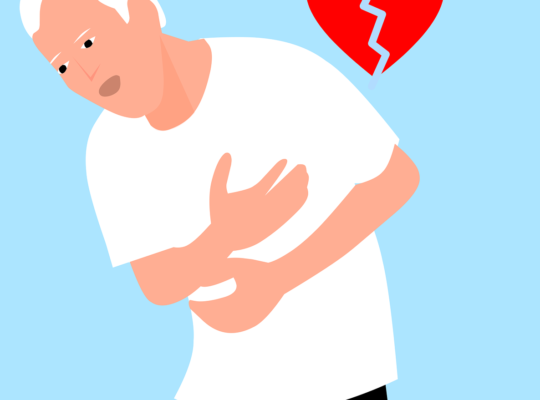
Mental health is an integral part of overall well-being, yet it is often overlooked or stigmatized. According to the World Health Organization (WHO), over 1 in 8 people globally live with a mental health condition. From depression to anxiety, mental health issues affect people of all ages and backgrounds. Understanding mental health, breaking the stigma, and promoting wellness can lead to healthier, more fulfilling lives.
What is Mental Health?
Mental health encompasses emotional, psychological, and social well-being. It influences how people think, feel, and behave in daily life. It also impacts how they handle stress, relate to others, and make decisions. Mental health is dynamic, changing throughout life in response to life events, relationships, and biological factors.

Key Aspects of Mental Health:
- Emotional Well-being: Managing emotions effectively, including stress, sadness, and anger.
- Psychological Resilience: Ability to bounce back from adversity.
- Social Connection: Building meaningful relationships and a support network.
Common Mental Health Conditions
- Depression: Characterized by persistent feelings of sadness, loss of interest, and fatigue.
- Symptoms: Low energy, difficulty concentrating, changes in sleep or appetite.
- Treatment: Therapy, medication, lifestyle changes.
- Anxiety Disorders: Involve excessive fear or worry that interferes with daily life.
- Types: Generalized anxiety disorder, panic disorder, and social anxiety.
- Treatment: Cognitive-behavioral therapy (CBT), relaxation techniques, and medication.
- Post-Traumatic Stress Disorder (PTSD): Triggered by traumatic events.
- Symptoms: Flashbacks, nightmares, and severe anxiety.
- Bipolar Disorder: Alternating periods of depression and mania.
- Management: Requires a combination of medication, therapy, and lifestyle adjustments.
Why Mental Health is Just as Important as Physical Health
- Interconnectedness of Mind and Body: Poor mental health can weaken immunity, disrupt sleep, and lead to chronic physical conditions such as heart disease.
- Economic Impact: Untreated mental health issues cost billions annually in lost productivity.
- Suicide Prevention: Mental health awareness is crucial in preventing suicide, which claims nearly 700,000 lives each year globally.
How to Prioritize Mental Wellness
- Practice Mindfulness: Techniques like meditation, yoga, and deep breathing help center thoughts and reduce stress.
- Seek Professional Help: Therapy and counseling are effective tools for managing mental health challenges.
- Build Healthy Habits:
- Get 7–8 hours of sleep each night.
- Exercise regularly to release endorphins and improve mood.
- Maintain a nutritious diet to support brain function.
- Connect with Others:
- Share your feelings with trusted friends or family members.
- Join support groups for shared experiences and encouragement.
Breaking the Stigma Around Mental Health
Despite progress, many people hesitate to seek help due to societal stigma. Misconceptions about mental illness can lead to isolation, discrimination, and delayed treatment.
Ways to Reduce Stigma:
- Educate Others: Share facts about mental health and dispel myths.
- Normalize Conversations: Speak openly about your own experiences.
- Advocate for Policy Changes: Support initiatives promoting accessible mental healthcare.
Resources for Mental Health Support
- Helplines:
- National Suicide Prevention Lifeline (USA): 1-800-273-TALK (8255).
- Samaritans (UK): 116 123.
- Apps:
- Calm – Meditation and relaxation.
- BetterHelp – Access to licensed therapists.
- Online Communities: Websites like NAMI.org or MentalHealth.gov offer valuable resources and peer support.
Conclusion
Mental health deserves as much attention as physical health because the two are intrinsically linked. By prioritizing emotional and psychological well-being, individuals can lead healthier, happier lives. Let’s work towards a world where seeking help is seen as a strength, not a weakness. Start today by taking a small step—whether it’s talking to a friend, practicing mindfulness, or reaching out to a mental health professional






